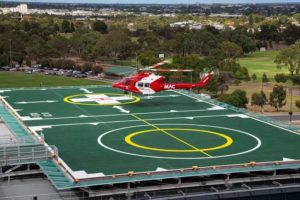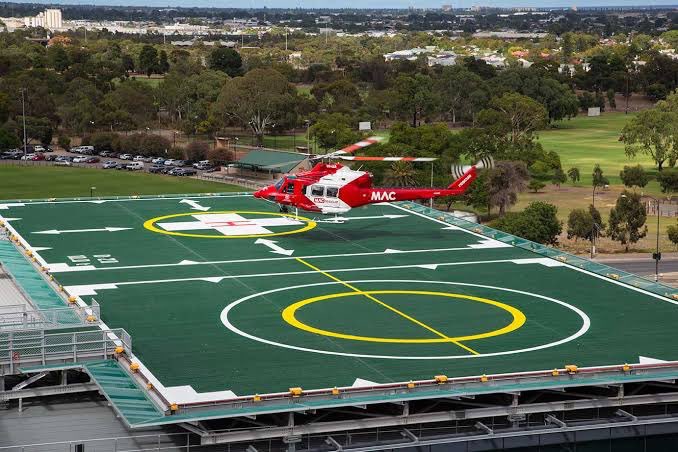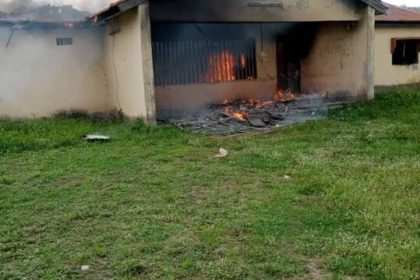
By Adeyemi Adekunle
The Federal Government of Nigeria has announced a significant allocation of N4 billion for the construction of a presidential helipad and jetty in Lagos as part of its 2025 infrastructure development strategy.
Detailed in the recently unveiled 2025 Federal Government Final Budget Proposal, this project aims to enhance transportation efficiency and logistical support for presidential and official functions in the nation’s commercial capital.
The helipad and jetty, both strategically located, are designed to reduce travel time, mitigate Lagos’ notorious traffic challenges, and support state-level events.
However, the decision to allocate such a substantial amount of funds to a project perceived as serving limited utility has sparked public debate, reflecting the deep-seated concerns about Nigeria’s infrastructure and socio-economic priorities.
The Federal Government has justified the allocation by emphasizing the need to modernize critical infrastructure to align with Nigeria’s economic ambitions. A senior government official remarked, “This investment reflects our vision for a more connected and efficient Nigeria.
Lagos remains the heartbeat of our economy, and projects like this ensure the state is prepared for its role in the global economic landscape.”
Experts in infrastructure development have highlighted potential long-term benefits, including enhanced mobility for state visits, strengthened diplomatic ties, and improved readiness for emergencies.
Furthermore, by boosting Lagos’ operational capacity, the project could indirectly support commercial activities, which depend on reliable transportation networks.
Despite these potential advantages, the announcement has drawn mixed reactions from citizens and stakeholders.
Proponents argue that such investments are crucial for positioning Lagos as a world-class city capable of hosting international dignitaries and events. By reducing logistical bottlenecks for government operations, the project could foster smoother governance.
Conversely, critics contend that the allocation reflects a misplacement of priorities in a country grappling with urgent issues such as widespread poverty, a deteriorating healthcare system, and dilapidated educational facilities.
Social commentator Adamu Bello observed, “How do we justify spending N4 billion on a helipad and jetty when millions of Nigerians cannot access basic healthcare and education? This reflects the disconnect between the government and the people.”
Civil society organizations have also raised concerns about transparency and accountability, urging the Federal Government to ensure that the project serves broader public interests rather than being limited to official use.
The allocation underscores a broader challenge for Nigeria: balancing the need for high-profile infrastructure projects with grassroots development demands. While the helipad and jetty are symbolic of modernization, critics argue that the government must address underlying socio-economic inequalities to ensure inclusive development.
The 2025 budget includes other infrastructure initiatives, such as road rehabilitations, renewable energy investments, and airport upgrades. This signals a comprehensive approach to development. However, with limited resources and rising debt concerns, every allocation faces scrutiny.
As construction is expected to commence in mid-2025, the Federal Ministry of Works and Housing will oversee the project alongside the Lagos State Government.
The government must ensure strict adherence to timelines, cost-efficiency, and transparency. Nigerians will be watching closely, not only for the successful completion of the project but also for evidence that it yields tangible benefits beyond its symbolic value.
The N4 billion helipad and jetty allocation could set a precedent for modernizing Nigeria’s infrastructure. However, its legacy will depend on how well the government balances national prestige with the pressing needs of its citizens. Will this project be a beacon of progress or a symbol of misplaced priorities? Only time will tell.




